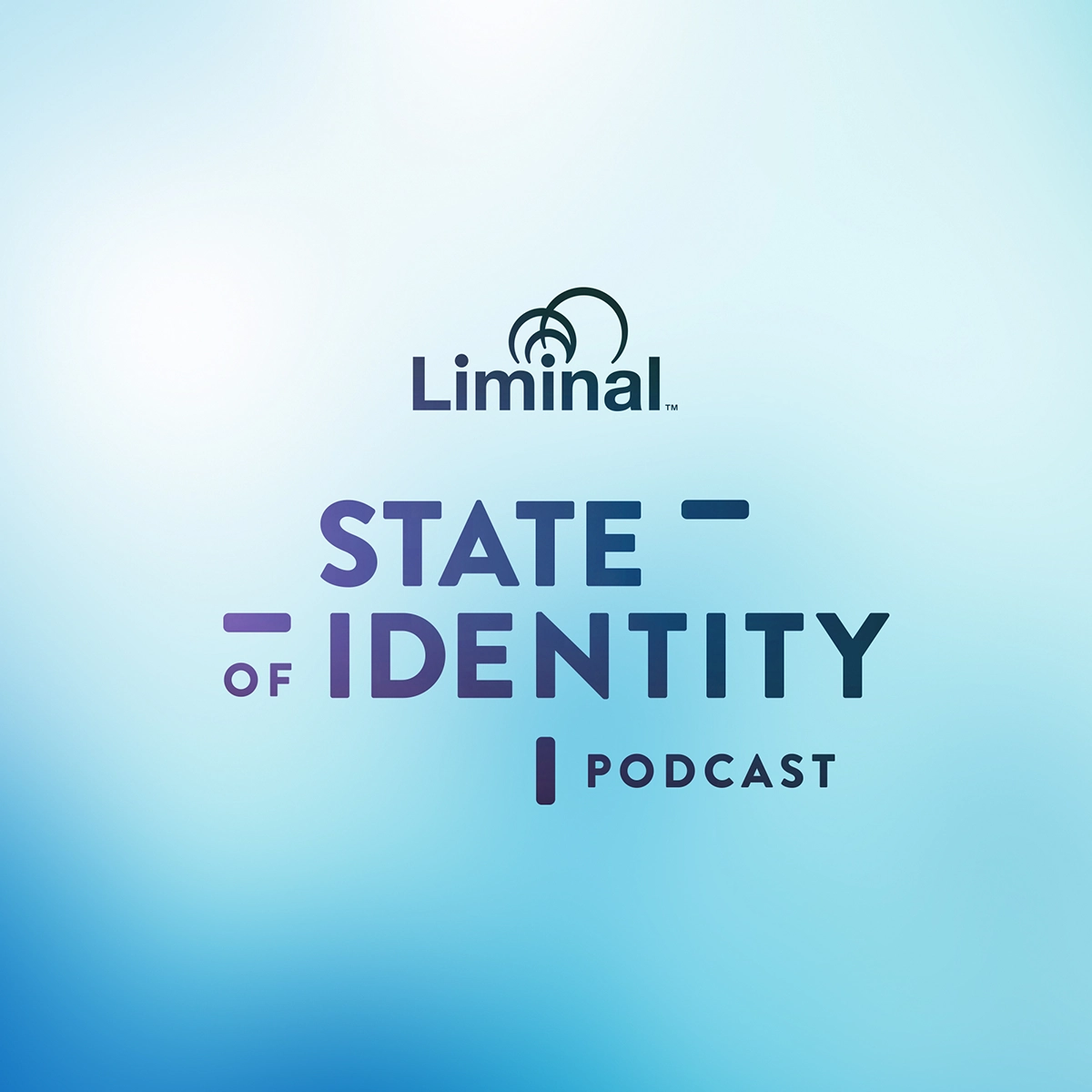In this month’s Investing in Identity series, we break down the latest industry trends including:
- Movers & Shakers: API-first passwordless startup Stytch, raises $90MM at a $1B valuation and Merit snags $50MM Series B to expand digital credentials platform
- M&A Activity: Digital fraud prevention startup Sift acquires Keyless, a passwordless multi-factor authentication service provider and fintech firm Plaid has scooped up Cognito, identity verification and compliance company
- Musings of the Month: Twilio and Boku Mobile Identity share a common goal and come together to offer Secure Onboarding. What’s next with identity verification and intelligence?

